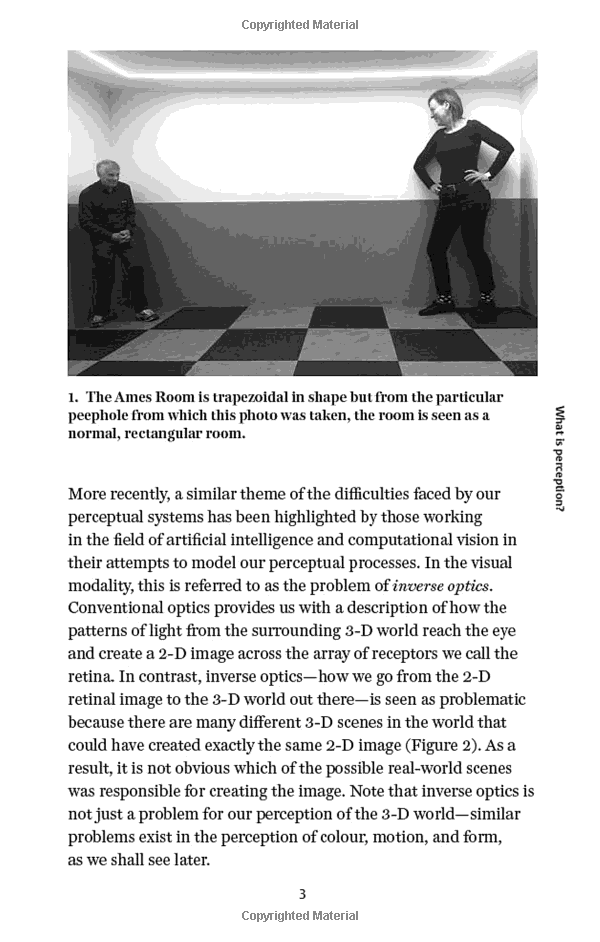Unveiling Truths: A Deep Dive into Peter's Confession and Its Impact on Relationships
Guide or Summary:IntroductionUnderstanding Peter's ConfessionThe Emotional Weight of ConfessionThe Ripple Effect on RelationshipsLessons Learned from Peter……
Guide or Summary:
- Introduction
- Understanding Peter's Confession
- The Emotional Weight of Confession
- The Ripple Effect on Relationships
- Lessons Learned from Peter's Confession
**Translation of "Peter's Confession":** Peter's Confession
---

Introduction
In the realm of personal storytelling, few narratives resonate as deeply as Peter's confession. This poignant tale not only captivates the audience but also serves as a mirror reflecting the complexities of human relationships. Through Peter's journey, we explore themes of honesty, vulnerability, and the transformative power of confession.
Understanding Peter's Confession
Peter's confession is more than just a personal revelation; it is a pivotal moment that encapsulates the essence of human experience. At its core, it represents the struggle between truth and deception. Peter, a seemingly ordinary individual, finds himself at a crossroads where he must confront his past actions and their repercussions on his relationships. This confession is not simply an admission of guilt; it is a courageous step towards healing and reconciliation.
The Emotional Weight of Confession
Confessions often carry an emotional weight that can be both liberating and burdensome. For Peter, this moment of vulnerability is fraught with anxiety and fear of judgment. However, it also opens the door to deeper connections with those around him. As he lays bare his truths, the walls he has built around himself begin to crumble, allowing for genuine dialogue and understanding. This emotional release is a crucial aspect of Peter's journey, highlighting the importance of honesty in fostering meaningful relationships.

The Ripple Effect on Relationships
Peter's confession does not occur in isolation; it sends ripples through his relationships, affecting friends, family, and romantic partners. Each individual's response to Peter's honesty reveals their own values and beliefs about trust and forgiveness. Some may react with compassion, offering support and understanding, while others may feel betrayed, struggling to reconcile Peter's past actions with their perception of him. This dynamic illustrates how confessions can serve as catalysts for change, prompting individuals to reassess their relationships and the foundations upon which they are built.
Lessons Learned from Peter's Confession
The narrative of Peter's confession offers several valuable lessons. Firstly, it underscores the significance of self-awareness and accountability. By acknowledging his mistakes, Peter takes ownership of his actions, paving the way for personal growth. Secondly, it highlights the importance of open communication in relationships. Peter's willingness to share his truth encourages others to do the same, fostering an environment where vulnerability is welcomed rather than shunned.
Moreover, Peter's confession serves as a reminder that everyone is capable of change. It challenges the notion that past mistakes define a person, illustrating that growth and redemption are possible through honesty and effort. This transformative potential is a powerful takeaway for anyone grappling with their own truths.

In conclusion, Peter's confession is a profound exploration of the human experience, illustrating the complexities of truth, vulnerability, and the impact of our choices on relationships. As we navigate our own lives, let us take inspiration from Peter's journey, embracing the power of confession as a tool for healing and connection. By fostering a culture of honesty and understanding, we can create deeper, more meaningful relationships that withstand the test of time. Ultimately, Peter's confession is not just his story; it is a universal narrative that resonates with us all, reminding us of the beauty and strength found in vulnerability.